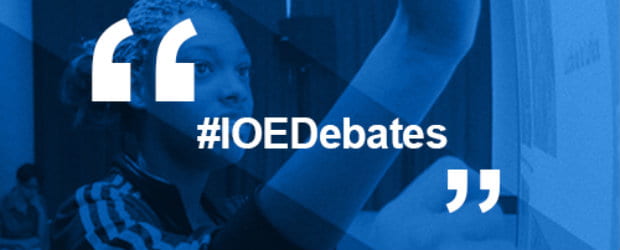The disadvantage gap: children of austerity or children of adversity?
By Blog Editor, IOE Digital, on 6 September 2022

chezbeate / Pixabay
Last month, hundreds of thousands of young people nervously opened their GCSE results – the first time in the post-pandemic world that such exams had been sat by a full cohort of Year 11 students. Whilst the headlines focused on the apparent fall in average grades from those of the previous two years, the results also highlight a seemingly-inevitable outcome of our present education system: the persistence of a ‘disadvantage’ attainment gap.
A recent IFS report concluded that, “despite decades of policy attention, there has been virtually no change in the ‘disadvantage gap’ in GCSE attainment over the past 20 years”. Whilst some improvement has been noted, modelling by the Education Policy Institute (EPI) from before the pandemic observed that “at the current rate of progress, it would take over 500 years for this gap to close completely at the end of secondary school” (Lupton & Hayes, 2021).
So, is this gap in attainment inevitable? Is it ‘baked’ into the system? Are the policies of successive governments doomed to failure, or have they (more…)
 Close
Close



